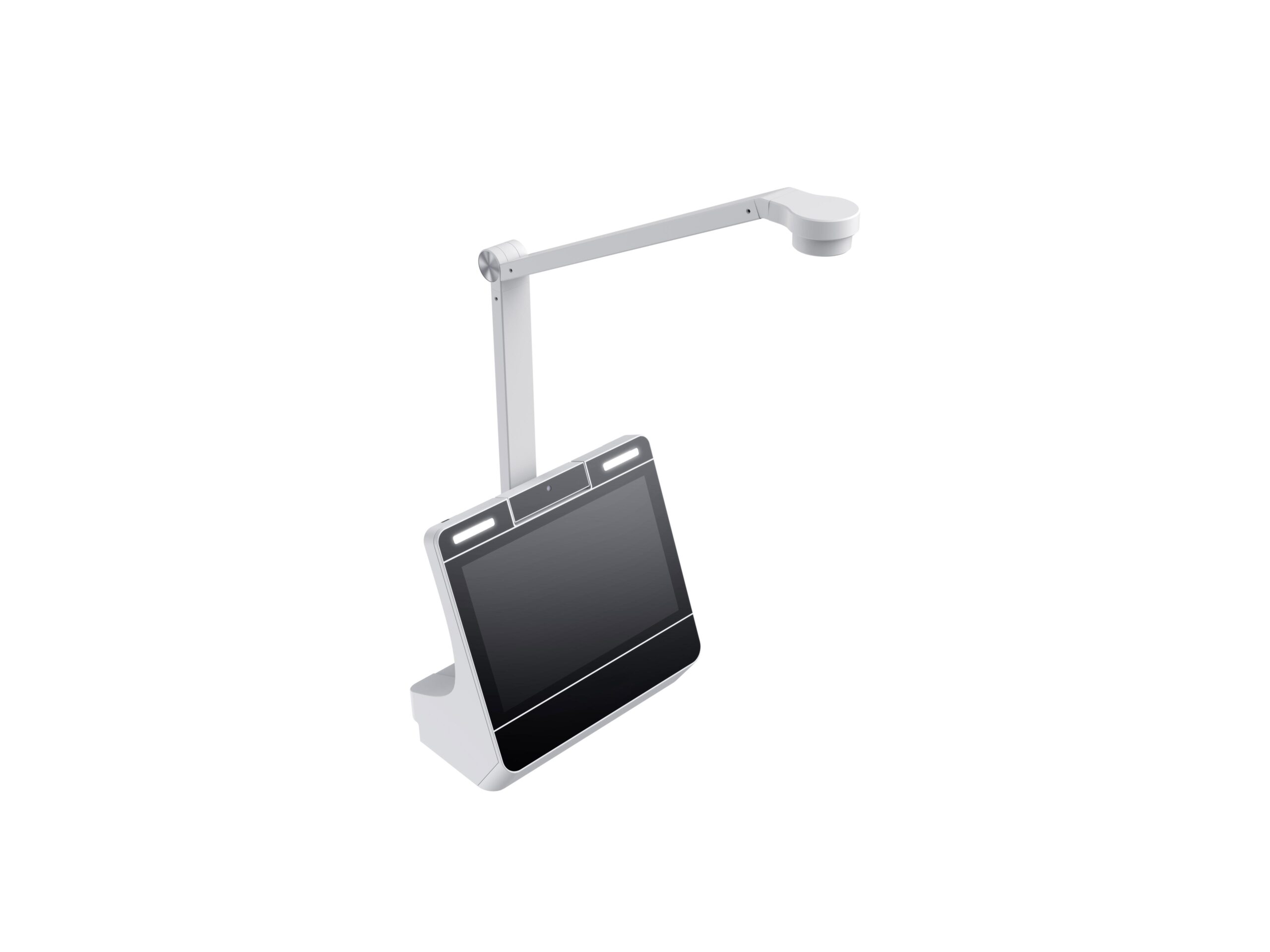Every industry, sport, interest group, etc. has vocabulary or jargon that are unique to insiders. Have a look through some of the key words in the custom Android tablet to get your place on the inside.
PCBA
This is the PCB with components on it. PCBA stands for Printed Circuit Board Assembled. It’s essentially a finished tier 1 sub-assembly component.
Firmware
In the world of Android hardware, the term Firmware usually refers to the Android OS and/or kernel. This aspect of software development is best left to engineers that are familiar with the specific chipset as each chipset has its own slightly different version of AOSP.
DH
This stands for design house. It’s the engineering company which does the PCBA layout. The design house can also sell the PCBA or sometimes they just sell the design and the customer handles making the PCBA on their own.
Factory
The place where component assembly takes place, mass production quality control happens, and products are shipped from.
Off the shelf/open mold
Product designs that are available for anyone to buy and white label. Open mold products are usually created when a plastic injection supplier partners with a design house. The mold supplier makes a mold based on the electronics that the design house makes. They sell the components as a ‘set’ to whoever wants to buy them.
Generic product
This is an Android device with mass market specs. It is meant to serve the general public with the most sought after features, but nothing unique.
Memory
Android products have 2 kinds of memory. One is NAND, the other is DDR. NAND stores large amounts of data that gets queried when needed. DDR stores data that’s currently being used by the device. When the device turns off NAND holds data and the DDR loses its data.
MOQ
MOQ stands for Minimum Order Quantity. Manufacturing custom Android devices like tablets and smartphones, always requires a MOQ in order to achieve economies of scale. Having a MOQ amortizes the fixed costs of development and manufacturing in order to realize a feasible unit cost.
FOB
Free on Board (FOB) is an incoterm used to indicate when the ownership of goods transfers from buyer to seller and who is liable for goods damaged or destroyed during shipping. “FOB Origin” means the buyer assumes all risk once the seller ships the product. (source: investopedia)
FCA
Free Carrier (FCA) is an incoterm dictating that a seller of goods is responsible for the delivery of those goods to a destination specified by the buyer. Usually Hatch’s manufacturing agreements call for ‘FCA Shenzhen’ meaning that Hatch is responsible to deliver the goods to a location in Shenzhen.
Certifications
Regulatory certifications are a basic aspect to producing most products, and certainly all electronic products, like Android hardware. The certifications are granted by testing labs that test the products according to different protocols provided by the different certification bodies. The most common kinds of certifications for electronics are FCC in the US and CE in Europe. Many other countries have their own versions of this. Some private enterprises or associations have their own certifications as well, such as USB, WiFi, HDMI, and Bluetooth.
Tooling
In terms of Android products, tooling refers to the heavy steel blocks that have patterns and shapes etched into them where molten plastic is pushed into with high pressure. When the plastic cools, it becomes the cases that are used in Android tablets, smartphones, or other devices.
ID
ID stands for Industrial Design, which refers to the external design of the casing of a product.
MD
MD stands for Mechanical Design, which refers to the structure of a product, generally the interior part. MD needs to take into account making the product strong enough to withstand abuse while respecting the ID.
Firmware signature key
Apps which control system settings require a code that grants them authority to make this kind of system level modification. This code is called the Firmware Signature Key.
Knowing what the terms on this list mean will make it easier for you to understand emails with Hatch. This is not an exhaustive list. We expect to add more terms over time. If you have any suggestions or questions please feel free to let us know!


